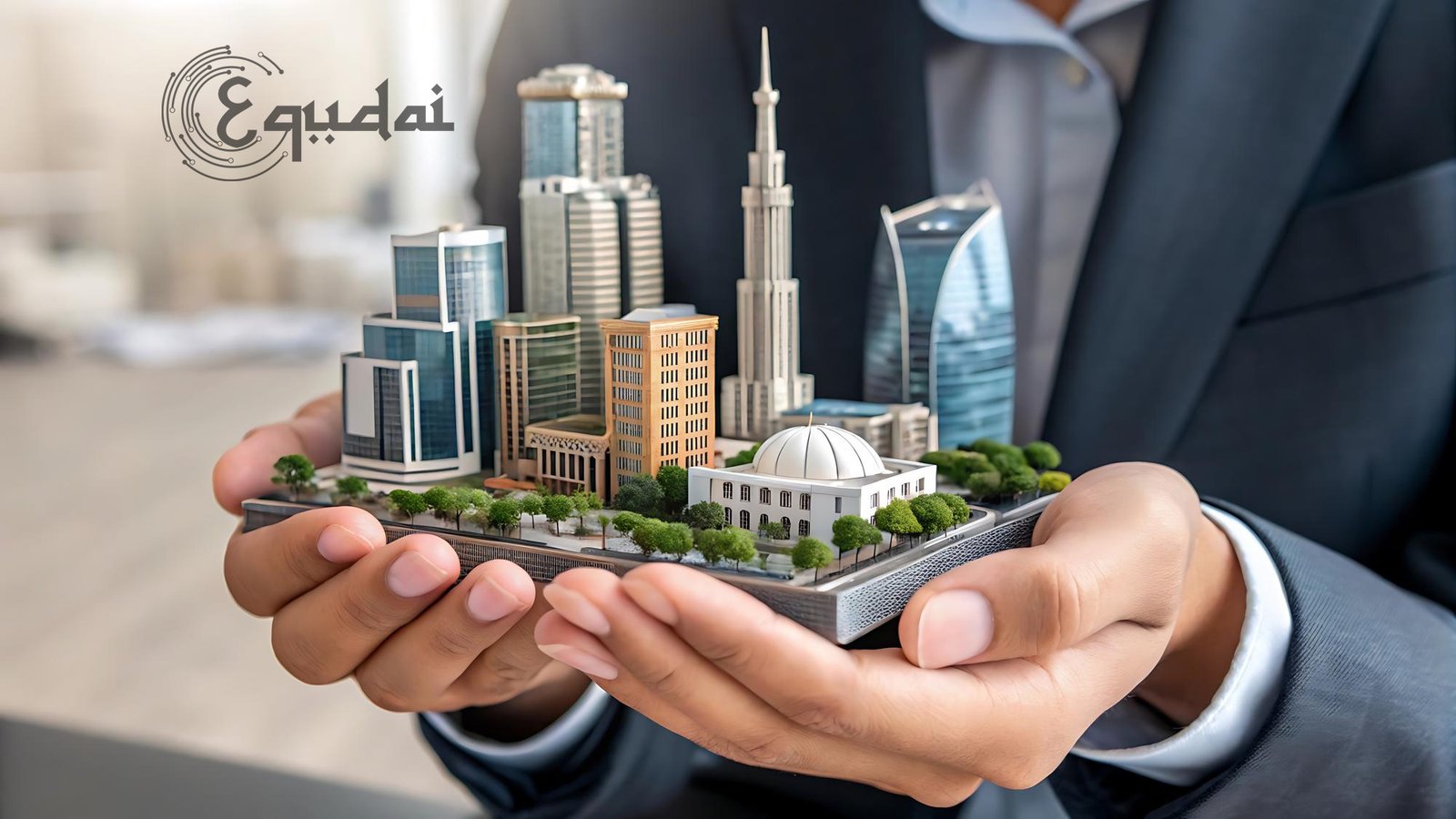
A real estate website isn’t just about listings—it’s about building trust and creating moments that make people want to reach out.
Jotika, Team Lead , Website Development (Equdai)
If you’re in real estate in the UAE, you know how fast the landscape changes. One day you’re flooded with leads, and the next you’re wondering where everyone went. We’ve worked with many property professionals in Dubai, Abu Dhabi, and even Sharjah, and there’s one thing that consistently makes a difference—your real estate website.
It’s not about being fancy or having a massive budget. It’s about understanding what buyers and renters in the UAE actually want to see when they land on your site.
So let’s break it down—not with fluff, but with real, practical stuff that makes a difference. Here’s what we’ve seen actually move the needle when it comes to turning web traffic into inquiries.
1. Make Browsing Effortless
Picture this. Someone is on their lunch break in DIFC, scrolling your website on their phone, looking for a 2-bedroom apartment near Business Bay. If your site is clunky, has no filters, or makes them zoom in just to read prices—they’re gone.
What works? Simple filters. Clear categories. Clean design. A good search function. When we built a listing site for a client in Dubai Marina, we saw a 35% increase in time spent on the site just from reorganizing the property cards and adding filters for price, location, and bedrooms.
Quick win: Add a “Hot Picks” or “Limited Time Offers” section on your homepage with clickable cards. It keeps people curious and clicking.
2. Let the Visuals Sell It
Real estate isn’t about specs—it’s about feelings. People want to see themselves living in the space. Blurry photos or a single angle won’t cut it.
Use high-res images, multiple views of each property, and where possible—video walkthroughs or 360 tours. One of our clients recently started adding drone shots of their villa listings, and inquiries jumped, especially from expat investors overseas.
These aren’t luxuries anymore. They’re expected.
3. Mobile-Friendly or You’re Out
Most of your users in the UAE are on their phones. If your website takes ages to load or looks broken on a mobile screen, that’s a lead lost.
Make sure your real estate website is:
Quick to load on 4G/5G
Easy to scroll and tap (big buttons, swipeable galleries)
Ready to open WhatsApp with one tap
We once trimmed a site’s homepage from 12MB to under 3MB just by compressing image sizes. The bounce rate dropped by 47%.
4. Make Contacting You Easy
You’d be surprised how many websites make people hunt for a contact button. Or worse—redirect them to a different site.
Your property pages should have:
A short, clear inquiry form (no more than 3–4 fields)
A floating WhatsApp or call button
A visible email or live chat option
People in the UAE move fast. Make it easy for them to reach out instantly.
5. Build Trust Right On the Page
Think about how many scams and shady listings people see online. Stand out by making your site feel legit.
Add:
Client testimonials with names & photos
RERA registration number or trust badges
Google review stars if available
“Featured On” media mentions (if any)
These small things create comfort. We’ve seen clients get longer site engagement just by adding a few testimonials under their featured listings.
6. Show the Location—and What’s Around It
Property is location-driven. And in the UAE, proximity to metro stations, malls, or mosques can make or break a deal.
Use embedded maps. Highlight local landmarks. Mention nearby schools or hospitals. One client of ours saw more family leads come in just by mentioning “5 mins from Gems Education campus” on their villa page.
Details sell. Don’t skip them.
7. Speak Their Language
Arabic. English. Maybe even Hindi. Your audience is diverse. And your site should reflect that.
We helped a Sharjah-based real estate firm launch a bilingual site (English + Arabic). The Arabic version saw 2x higher engagement among Emirati and older users.
Even if it’s just property descriptions or menus—offering choice shows respect, and builds trust.
8. Let SEO Do the Heavy Lifting
Instagram is great—but it’s short-term. Your website should be bringing you leads passively through search.
That means:
Page titles with real search terms (e.g., “1BHK in Al Nahda”)
Local landing pages (e.g., “Apartments near JLT Metro”)
Blog content (e.g., “Top 3 Investment Locations in Abu Dhabi”)
One client who sells mid-tier apartments in Ajman got on Google’s first page just by writing 2 blogs a month. Organic inquiries became 40% of their total lead pool.
9. Make It Fast. Make It Secure.
Don’t lose a client over something as basic as speed.
Compress images. Use a proper server. And for goodness’ sake, don’t let your SSL certificate expire.
We did a full speed fix for a JVC agency site last year. Just reducing load time from 7 seconds to 2.5 doubled their form fills.
Final Thoughts
A real estate website in the UAE needs to do more than just show listings. It needs to create trust, save time, and make people want to act.
Your website is your 24/7 agent. If it’s outdated, slow, or unclear—it’s costing you leads.
At Equdai, we don’t just build beautiful real estate websites. We build ones that get you phone calls, form fills, and actual deals.




